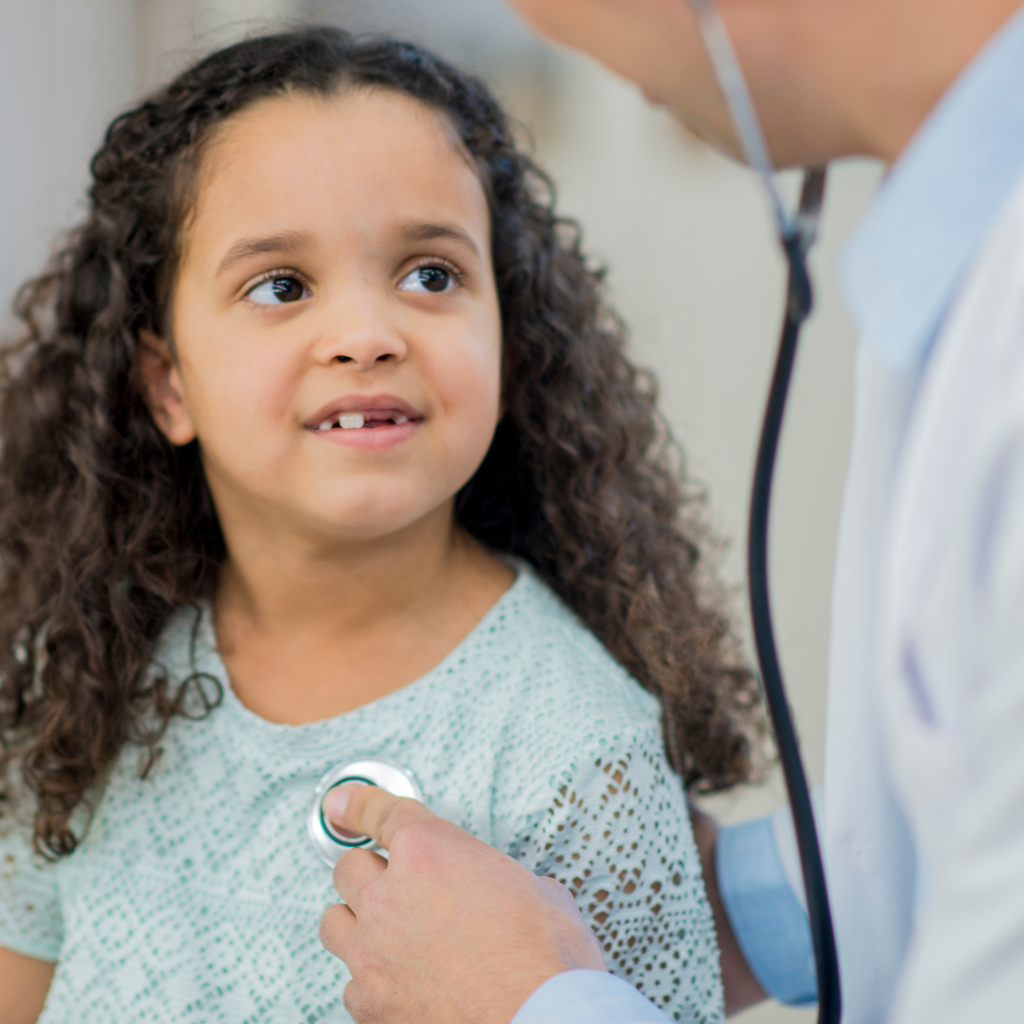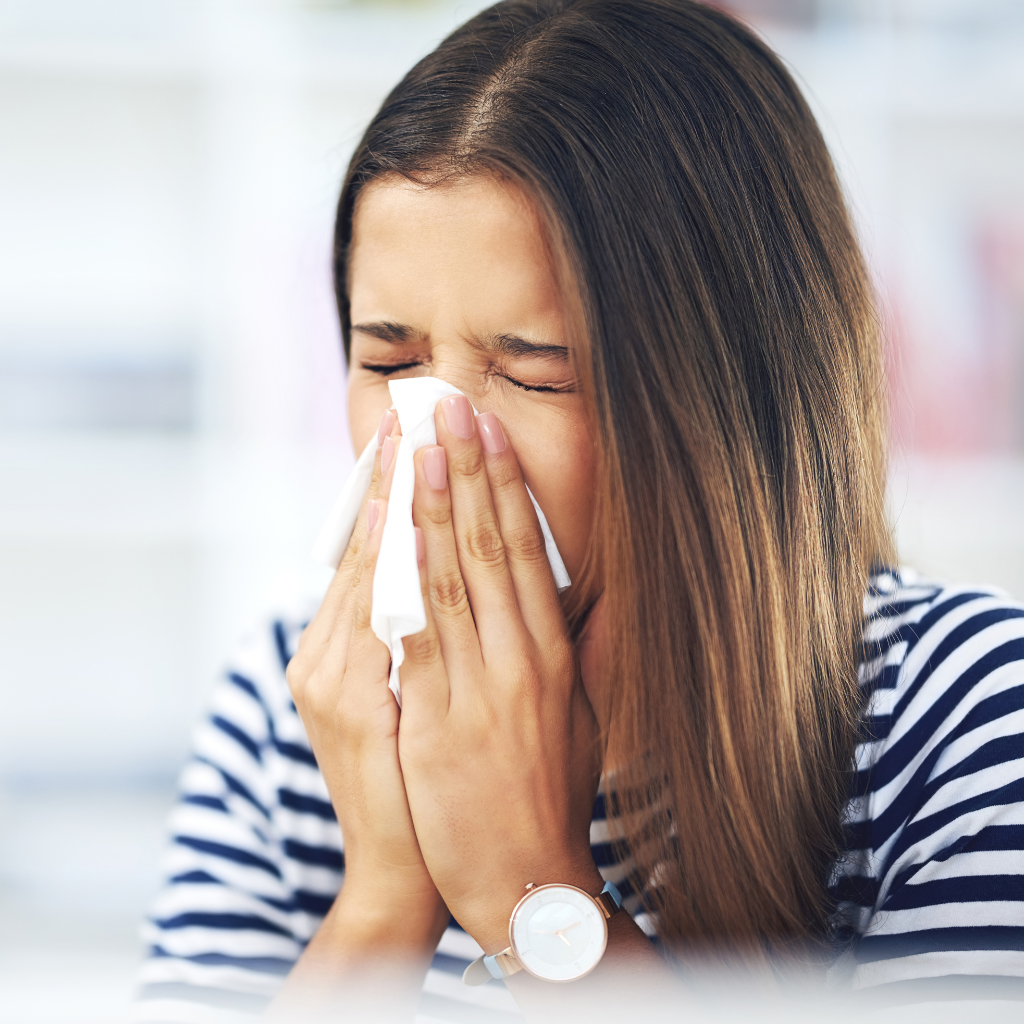Navigating Cold and Flu Season: A Guide for Adults in Cumming, GA, and Northeast Georgia in December
Introduction:
As December peaks in Cumming, GA, and the surrounding Northeast Georgia region, the sudden colder weather brings with it the annual challenge of cold and flu season. The combination of dropping temperatures and increased indoor gatherings creates an environment conducive to the spread of respiratory viruses. In this comprehensive guide, we’ll explore the unique considerations adults should bear in mind during this time, offering insights into prevention, symptoms, and the best strategies for managing the common cold and flu.
Understanding the Seasonal Threats That Lead To Getting a Cold Or The Flu
The cold and flu season typically peaks during the winter months, with December marking the onset of heightened activity for these viruses. In Cumming, GA, and the Northeast Georgia region, the cold weather prompts people to spend more time indoors, increasing the likelihood of close contact and the exchange of respiratory droplets. Understanding the nature of these seasonal threats is crucial for adults looking to protect themselves and their communities.
Preventive Measures To Reduce The Risks That Come With Cold and Flu Season
Vaccination:
- One of the most effective ways to safeguard against the flu is through vaccination. December is an ideal time for adults to ensure they have received their annual flu shot. Local pharmacies, healthcare providers, and community clinics often offer convenient options for vaccination.
Hand Hygiene:
- Regular handwashing remains a fundamental preventive measure. Adults should wash their hands thoroughly with soap and water for at least 20 seconds, especially after coughing or sneezing and before eating. Alcohol-based hand sanitizers are also effective in the absence of soap and water.
Respiratory Etiquette:
- Practicing good respiratory hygiene can help prevent the spread of cold and flu viruses. Cover your mouth and nose with a tissue or your elbow when you cough or sneeze, and dispose of used tissues properly. Encourage others to do the same to minimize the risk of airborne transmission.
Boosting Immunity:
- Strengthening the immune system is crucial in the fight against seasonal illnesses. Adequate sleep, a balanced diet rich in vitamins and minerals, regular exercise, and staying hydrated contribute to overall immune health. Consider consulting with a healthcare professional for personalized advice on immune-boosting strategies.
Recognizing Symptoms
Distinguishing Between Cold and Flu:
While both the common cold and the flu share similar symptoms, there are key differences. Colds often come on gradually with symptoms like a runny or stuffy nose, sneezing, and a sore throat. On the other hand, the flu tends to manifest suddenly and more severely, with symptoms including fever, body aches, fatigue, and a persistent cough.
Early Identification:
Timely recognition of symptoms is essential for effective management. If you suspect you may have contracted the flu or a cold, it’s advisable to seek medical attention promptly. Early intervention can help reduce the severity and duration of the illness. Our team at Russell Medical is here to help in early identification as well as prevention measures you can take.
Isolating and Resting:
If you experience symptoms, especially during the initial stages, it’s crucial to take steps to prevent the spread of the virus. Stay home, rest, and avoid close contact with others. This not only aids in your recovery but also minimizes the risk of infecting those around you.
Medical Attention During Cold and Flu Season Across Cumming, GA
Antiviral Medications To Fight The Common Cold and The Flu:
In some cases, antiviral medications may be prescribed to reduce the severity and duration of the flu. These medications are most effective when taken early in the course of the illness, underscoring the importance of seeking medical advice promptly.
High-Risk Groups:
Certain populations, such as older adults, pregnant individuals, and those with underlying health conditions, are at a higher risk of developing severe complications from the flu. If you fall into one of these categories and experience symptoms, consult with a healthcare professional promptly.
Supporting Local Healthcare Resources:
As the demand for healthcare services may increase during the cold and flu season, supporting local healthcare resources ensures that the community has access to the care they need. Encourage friends and family to utilize local clinics and healthcare providers including out team at Russell Medical for timely assistance.
Conclusion
In conclusion, navigating cold and flu season in Cumming, GA, and Northeast Georgia during December requires a proactive and community-oriented approach. By prioritizing preventive measures, recognizing symptoms early on, seeking prompt medical attention when needed, and actively engaging in community initiatives, adults can play a crucial role in minimizing the impact of seasonal illnesses.



